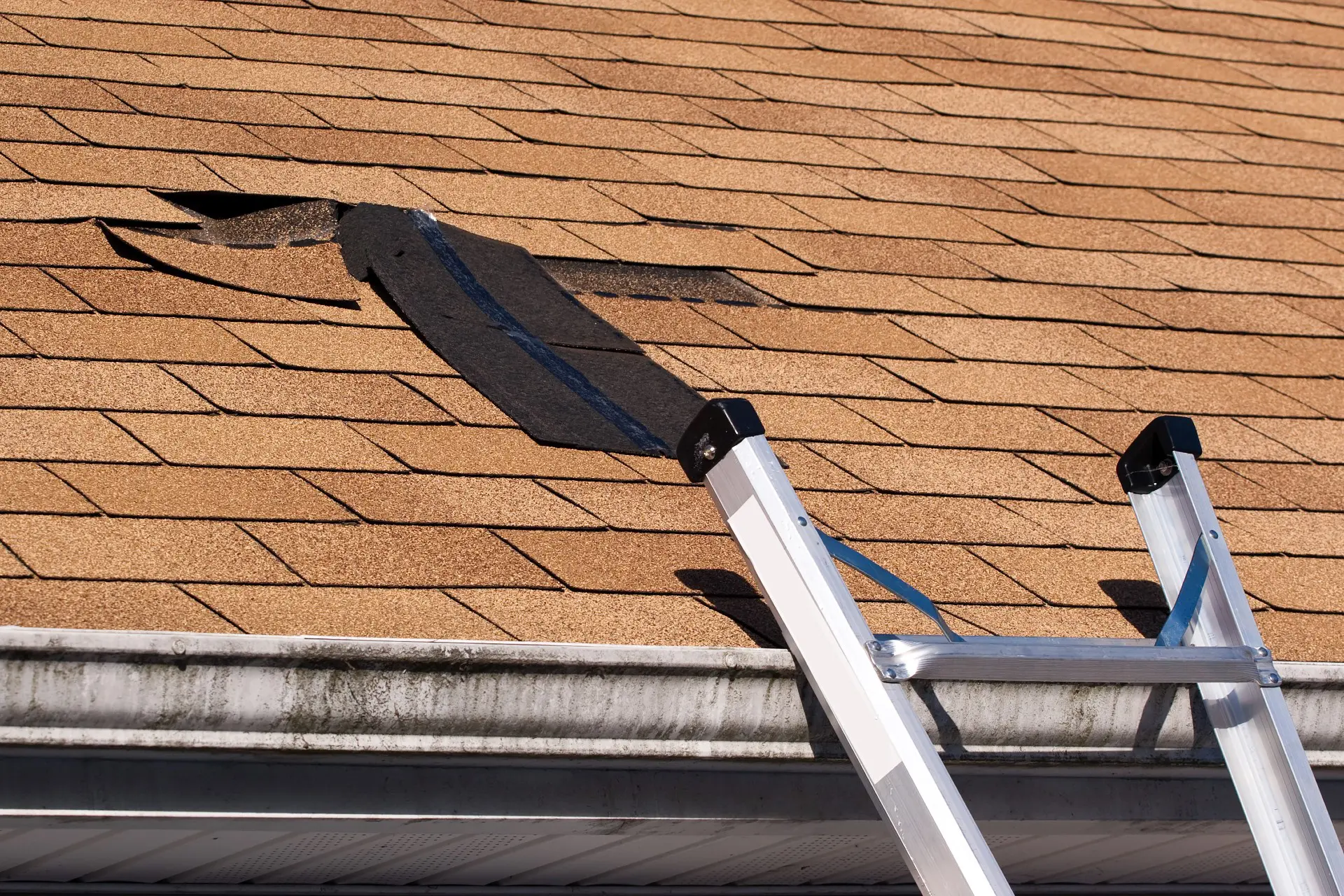When it comes to storm leads, many contractors focus on...
The Most Common Mistakes Contractors Make When Following Up on Storm Leads
Following up on storm leads is a critical step for contractors in the storm lead call center industry. It's an opportunity to establish connections, build trust, and ultimately convert leads into customers. However, there are common mistakes that contractors often make during the follow-up process, which can hinder their success. In this blog post, we will highlight the most common mistakes contractors make when following up on storm leads and provide insights on how to avoid them. By understanding these pitfalls, contractors can improve their follow-up strategies and increase their chances of success.
- Delaying the Follow-Up: One of the most common mistakes contractors make is delaying the follow-up with storm leads. Time is of the essence, and promptness is crucial in capturing the interest and attention of potential customers. Failing to follow up in a timely manner can result in missed opportunities and a loss of credibility. Aim to reach out to leads as soon as possible to demonstrate your commitment and responsiveness.
- Lack of Personalization: Generic or impersonal follow-up messages can easily turn off storm leads. Contractors often make the mistake of sending generic emails or making scripted phone calls without personalizing the content to the specific lead's needs. Take the time to tailor your messages and conversations based on the lead's situation and requirements. Personalization shows that you genuinely care about their needs and are invested in their unique circumstances.
- Overwhelming with Technical Jargon: Contractors sometimes fall into the trap of using excessive technical jargon when following up with storm leads. While it's essential to showcase your expertise, using complex terminology can confuse and intimidate homeowners. Strive to communicate in simple, easy-to-understand language that conveys the benefits and solutions you offer. Clear and concise communication builds trust and fosters better understanding.
- Focusing Solely on the Sale: One common mistake contractors make is approaching the follow-up process with a sole focus on closing the sale. While the ultimate goal is to convert leads into customers, it's important to remember that building a relationship and providing value is equally important. Instead of pushing for a quick sale, focus on understanding the lead's needs, addressing their concerns, and offering relevant solutions. Building trust and rapport will increase the likelihood of converting the lead into a long-term customer.
- Neglecting to Follow Up Multiple Times: Following up with a storm lead once and assuming they will make a decision immediately is a mistake many contractors make. It often takes multiple touchpoints to nurture a lead and move them towards a decision. Develop a systematic follow-up process that includes multiple interactions through different channels such as phone calls, emails, or even in-person meetings if feasible. Consistency and persistence demonstrate your commitment and dedication to helping the lead.
- Not Listening and Adapting: Effective follow-up requires active listening and adapting to the lead's evolving needs. Contractors often make the mistake of sticking to a preconceived script or failing to adapt their approach based on the lead's feedback. Listen attentively to the lead's concerns, questions, and preferences. Tailor your follow-up conversations to address their specific needs and adjust your strategies accordingly. Flexibility and adaptability are key to successful follow-up interactions.
Avoiding common mistakes during the follow-up process can significantly enhance a contractor's success in converting storm leads into customers. By addressing these mistakes - such as delaying follow-up, lack of personalization, overwhelming with technical jargon, focusing solely on the sale, neglecting multiple follow-ups, and not listening and adapting - contractors can build stronger connections, provide value, and increase their chances of closing deals. Implementing a thoughtful and personalized follow-up strategy will not only yield better results but also strengthen your reputation as a reliable and customer-oriented contractor.











